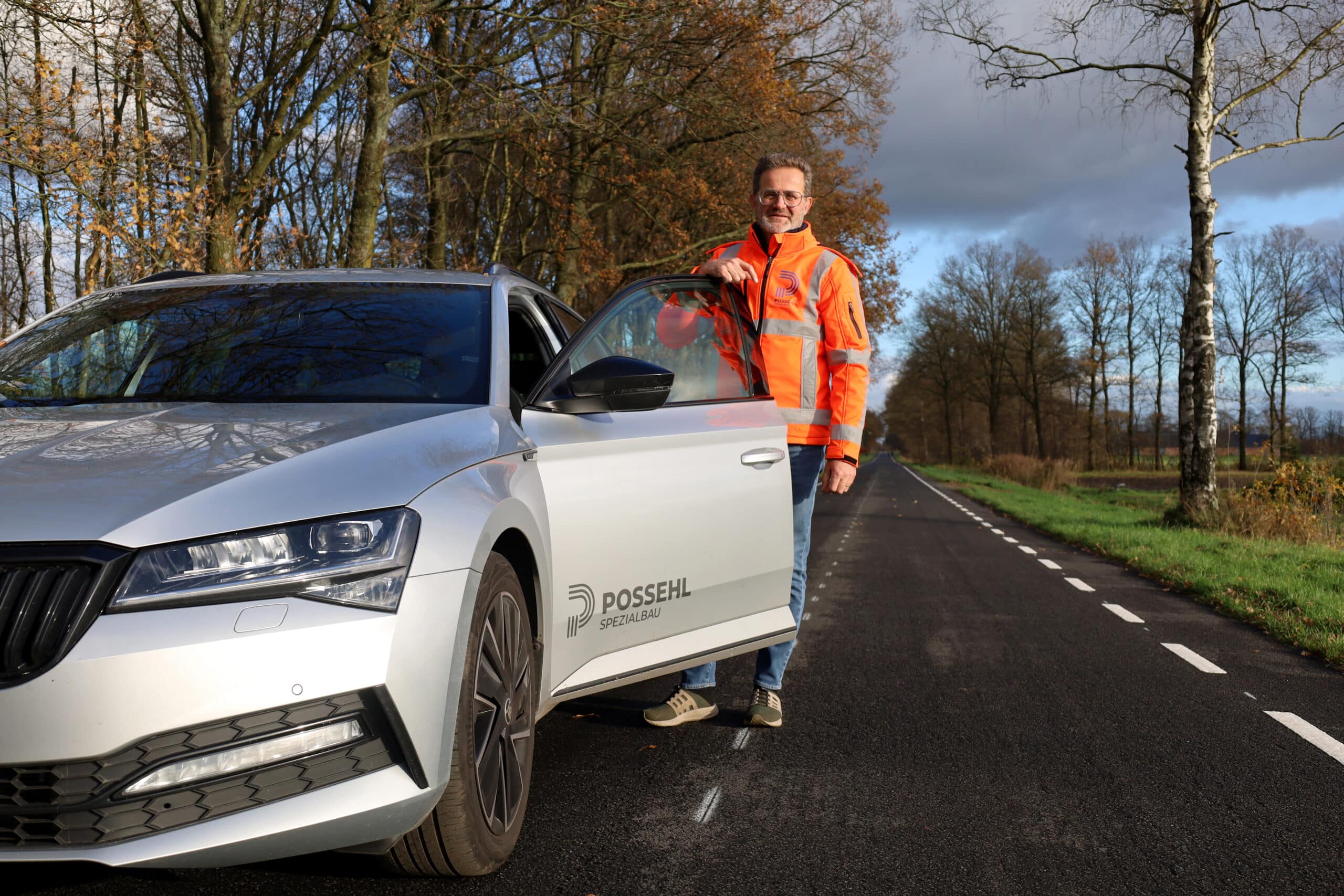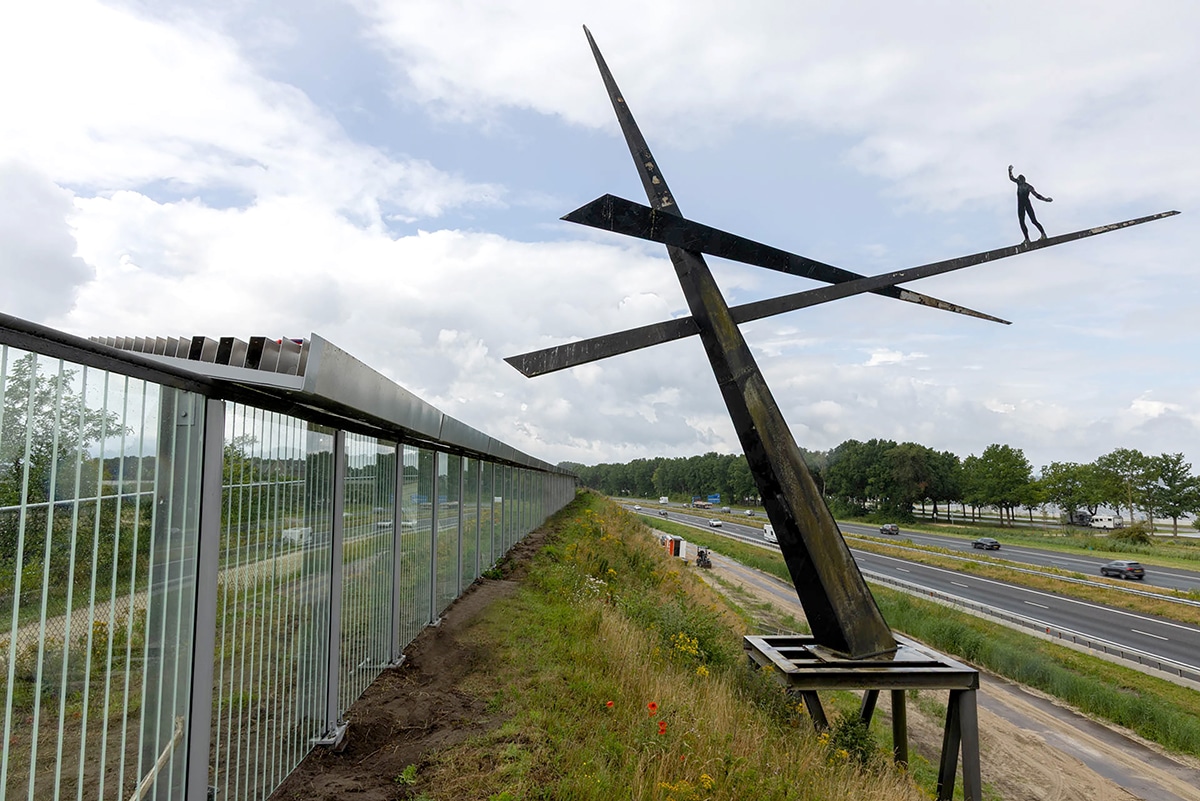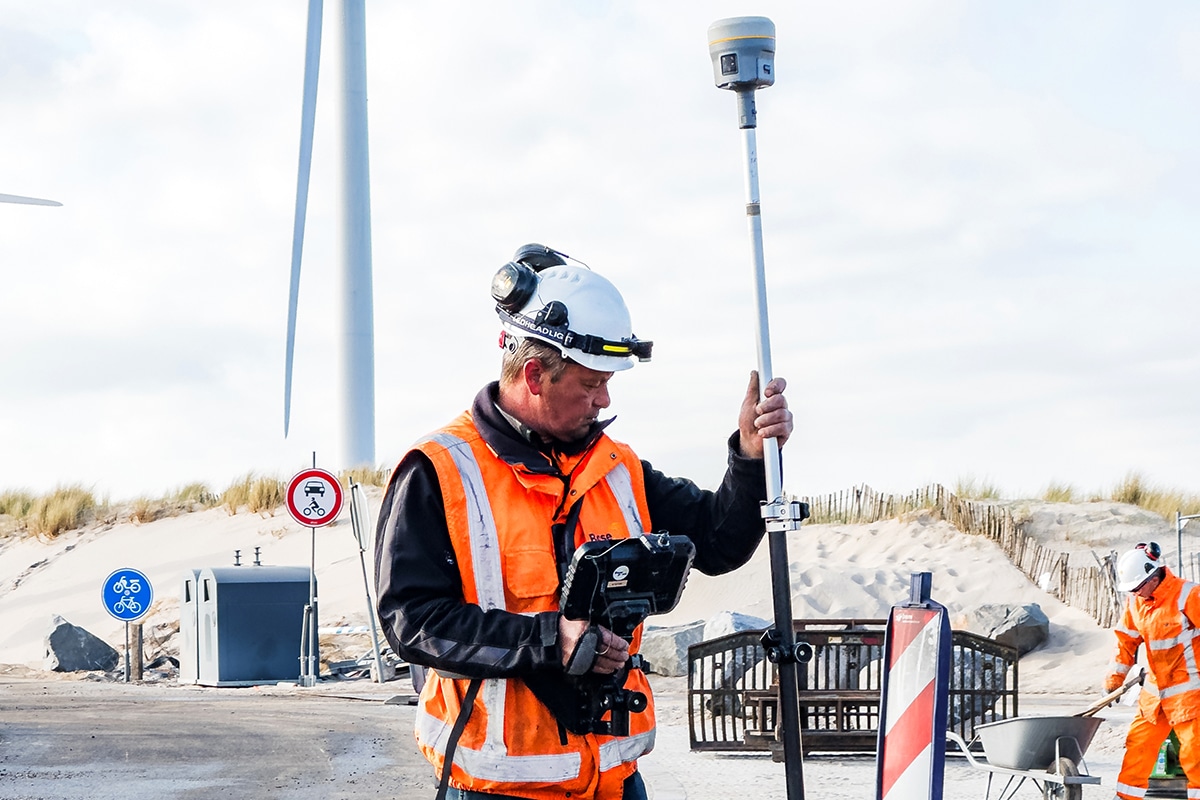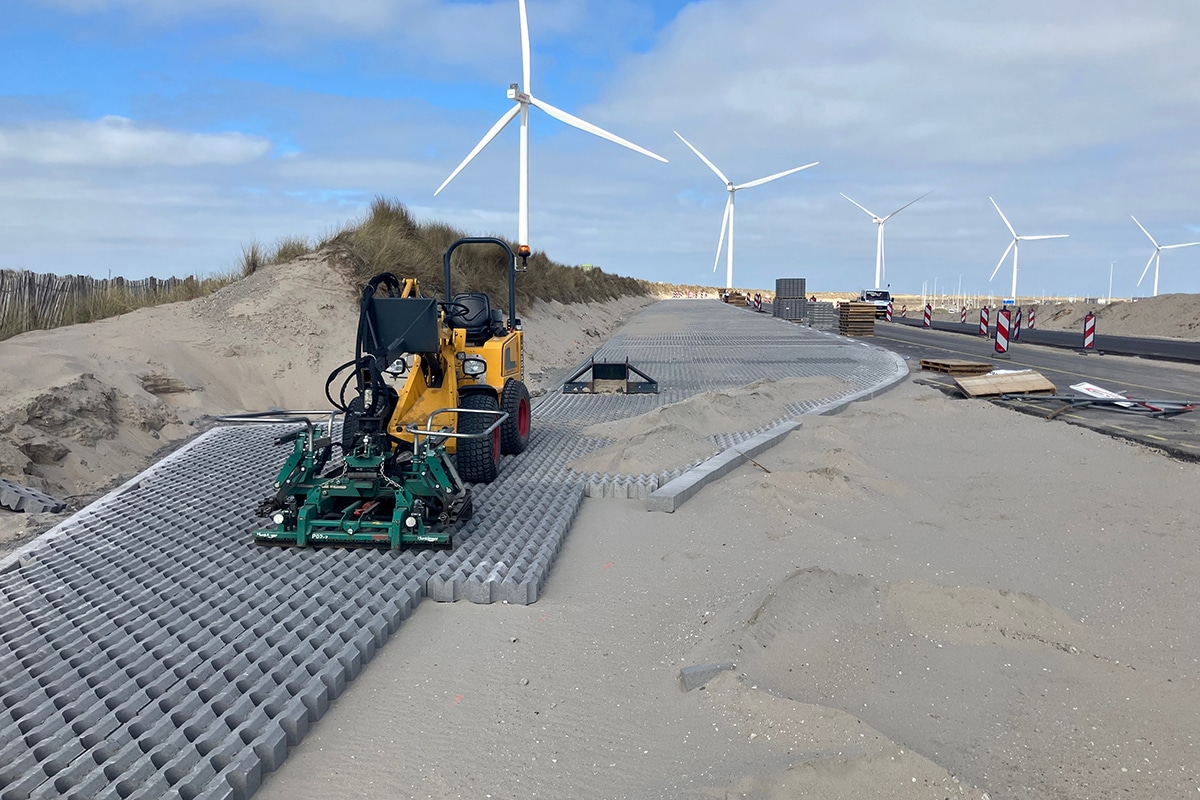
Sustainable platform walls for largest ProRail station contract
The aim of this sustainability-inspired project is, among other things, to adjust the height of train platforms in the Netherlands so that disabled people can travel by train independently. At the end of February, 'Platforms at Standard' started at Hollandsche Rading station.
'Platforms at Standard' is ProRail's largest station contract. Almost all platforms in need of renovation (about seventy) are covered by a single framework contract. Thanks to this new approach, the project can be carried out more efficiently and disruption to passengers is kept to a minimum.

Circular
Retaining wall manufacturer and supplier Bosch Concrete has sustainability and innovation high on its agenda. In addition, the company is working toward a 100% circular production of its retaining walls in the future. These are qualities that fit perfectly with ProRail's requirements within the framework of the 'Platforms at Standard' project, according to Gerard van den Bosch, CEO of Bosch Beton. "In the tender, ProRail took not only the best price as a starting point, but also sustainability and low environmental costs." Bosch Beton is the first retaining wall supplier in the industry to have a verified Life Cycle Analysis (LCA) on its products. For this, the family-owned company had the MKI (Environmental Cost Indicator) value calculated by several externally certified bodies.
New concrete mix
However, Bosch Beton's approach to sustainability and customization also proves to be project-specific. "Especially for the 'Platforms at Standard' project, we optimized the shape of the existing platform wall and composed a new sustainable concrete mix," says Van den Bosch. Production of the required retaining walls takes place in the BREEAM-compliant in-house state-of-the-art factory in Barneveld. In addition, the elements are KIWA-certified in accordance with ProRail's latest product specification. "We produce the platform walls with a length of two meters," Van den Bosch concludes. "This also means more efficient use of materials and savings in transport costs."




